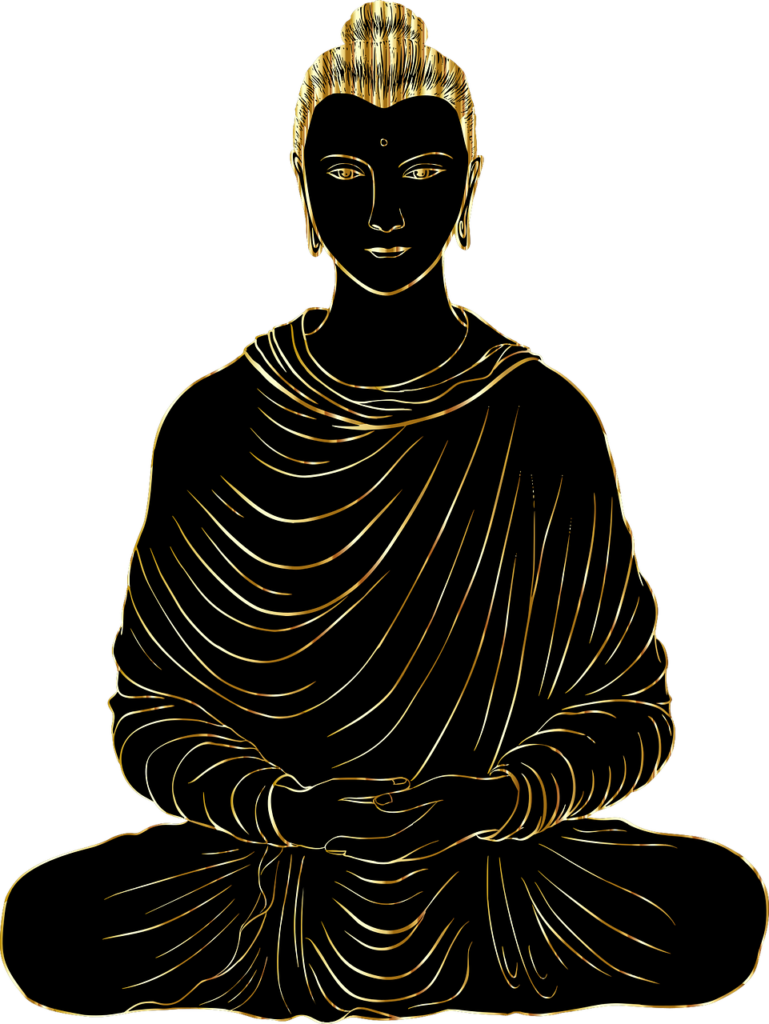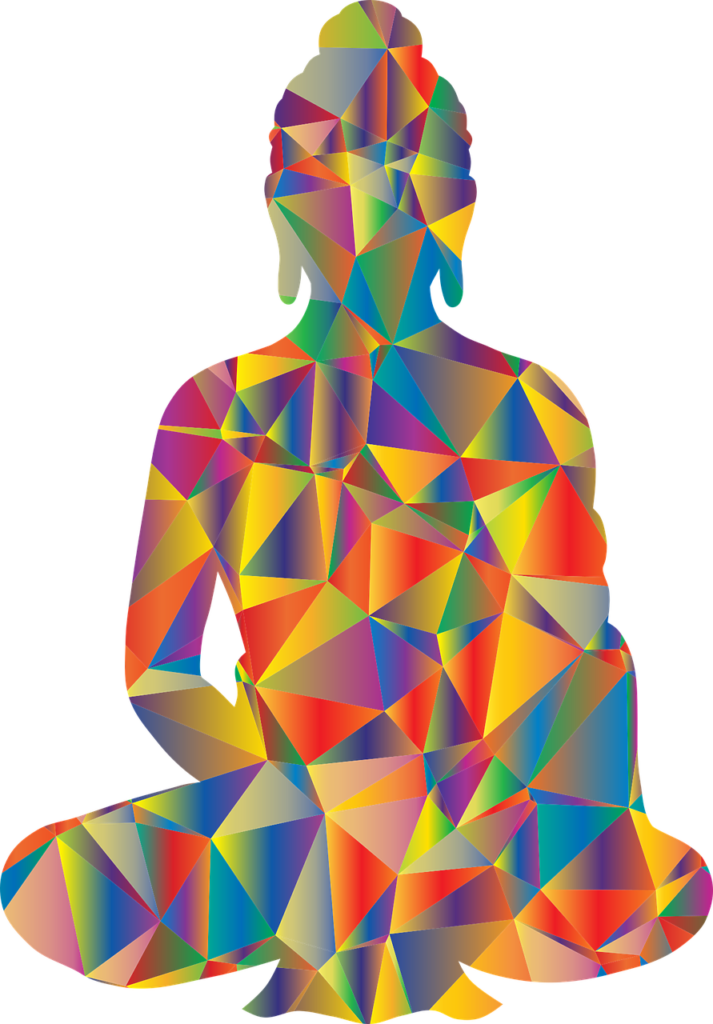Let’s embark on a serene journey of discovery as we explore the vast world of yoga philosophies and schools of thought. In this captivating article, we will delve into the rich tapestry of ancient wisdom and modern interpretations that shape the practice of yoga. From the traditional philosophies of Patanjali’s Yoga Sutras to the dynamic schools of thought such as Hatha, Ashtanga, and Kundalini, you will uncover a myriad of approaches that bring harmony to the mind, body, and soul. So, fasten your seatbelts and get ready to explore the diverse realms of yoga’s philosophical landscape, as the hidden gems of wisdom await your exploration. Yoga is a holistic practice that encompasses physical, mental, and spiritual well-being. It originated in ancient India and has since gained popularity worldwide. Over time, various philosophies and schools of thought have emerged within the yoga tradition, each offering unique approaches and techniques to achieve a state of balance and inner harmony. Let’s explore some of the most prominent yoga philosophies and their key features.
Hatha Yoga
Hatha Yoga is one of the most widely practiced yoga philosophies today. It aims to create a balance between the body and mind through physical postures (asanas), breath control (pranayama), and meditation. The term “Hatha” is derived from the Sanskrit words “ha” meaning sun and “tha” meaning moon, symbolizing the balance of opposing forces within oneself. Hatha Yoga is often practiced as a form of exercise and stress relief, promoting physical strength, flexibility, and mental clarity.
Bhakti Yoga
Bhakti Yoga, also known as the path of devotion, focuses on cultivating a deep love and devotion towards a higher power or divine entity. It encourages individuals to surrender their ego and develop a sense of oneness with the universe through prayer, chanting, and religious rituals. Bhakti Yoga teaches that by immersing oneself in the devotion and love for a higher power, one can transcend the limitations of the material world and experience a profound spiritual connection.

Karma Yoga
Karma Yoga is the path of selfless service and action. It emphasizes the importance of performing one’s duties without attachment to the results or personal gain. By practicing selfless acts with pure intentions, individuals can cultivate a sense of detachment and overcome the ego. Karma Yoga teaches that by acting in accordance with one’s dharma (duty) and serving others, one can attain spiritual growth and liberation.
Jnana Yoga
Jnana Yoga, also known as the path of knowledge or wisdom, seeks to attain self-realization through the pursuit of knowledge and intellectual inquiry. It involves the study and contemplation of philosophical texts, meditation on fundamental questions about the nature of existence, and self-reflection. Jnana Yoga teaches that by gaining deep insight and understanding into the true nature of oneself and the universe, one can attain liberation from suffering and inner peace.

Raja Yoga
Raja Yoga, often referred to as the royal path, focuses on controlling and calming the mind. It includes various meditation techniques, such as concentration (dharana) and deep absorption (dhyana), to achieve a state of mental stillness and clarity. Raja Yoga encompasses the eight limbs of yoga outlined by the sage Patanjali in the Yoga Sutras. These limbs include ethical principles (yamas and niyamas), physical postures (asanas), breath control (pranayama), and meditation. Raja Yoga aims to achieve union with the divine through the mastery of the mind.
Kundalini Yoga
Kundalini Yoga is a highly spiritual and energizing practice that focuses on awakening the dormant spiritual energy known as Kundalini. This energy is believed to be coiled at the base of the spine and, when awakened, rises up through the chakras, resulting in spiritual enlightenment. Kundalini Yoga combines physical postures, breathwork, chanting, and meditation to awaken this energy and promote spiritual growth, self-awareness, and inner transformation.

Tantra Yoga
Tantra Yoga is a complex and diverse philosophy that integrates physical, emotional, and spiritual practices to achieve personal and spiritual growth. It emphasizes the interconnectedness of all beings and seeks to embrace both the light and dark aspects of life. Tantra Yoga incorporates rituals, mantras, and meditative practices to transcend the limitations of the ego and experience a state of unity and oneness with the universe.
Jivamukti Yoga
Jivamukti Yoga is a modern yoga philosophy that combines physical postures, meditation, ethical principles, and spiritual teachings. It was developed by David Life and Sharon Gannon in the 1980s as a means to integrate yoga philosophy and ethics into a dynamic and challenging physical practice. Jivamukti Yoga promotes environmental and animal rights activism, veganism, and compassion towards all beings. It aims to cultivate a deep spiritual connection with oneself, others, and the world.
Iyengar Yoga
Iyengar Yoga is a precise and alignment-focused practice developed by B.K.S. Iyengar. It places great emphasis on correct body alignment and the use of props to support and enhance the practice. Iyengar Yoga incorporates physical postures, breath control, and meditation to promote physical strength, flexibility, and mental clarity. This style of yoga is known for its attention to detail and systematic progression, making it suitable for individuals of all ages and levels of experience.
Ashtanga Yoga
Ashtanga Yoga, often referred to as “eight-limbed yoga,” is a dynamic and physically demanding practice. It follows a set sequence of postures, synchronized with specific breathing techniques, to create a flowing and meditative practice. Ashtanga Yoga aims to purify the body, mind, and senses through the practice of the eight limbs of yoga outlined by Patanjali. This style of yoga cultivates strength, flexibility, discipline, and mental focus.
In conclusion, the different yoga philosophies and schools of thought offer diverse approaches to achieve inner harmony, self-realization, and spiritual growth. Whether you prefer the dynamic flow of Ashtanga Yoga, the meditative practices of Raja Yoga, or the devotion of Bhakti Yoga, there is a yoga philosophy that resonates with your unique path. By exploring these philosophies and techniques, you can deepen your understanding of yoga and embark on a transformative journey towards holistic well-being. Remember, the true essence of yoga lies not only in the physical postures but also in the cultivation of mindfulness, compassion, and self-discovery. Embrace the diversity of yoga and find the path that speaks to your heart. Namaste.
